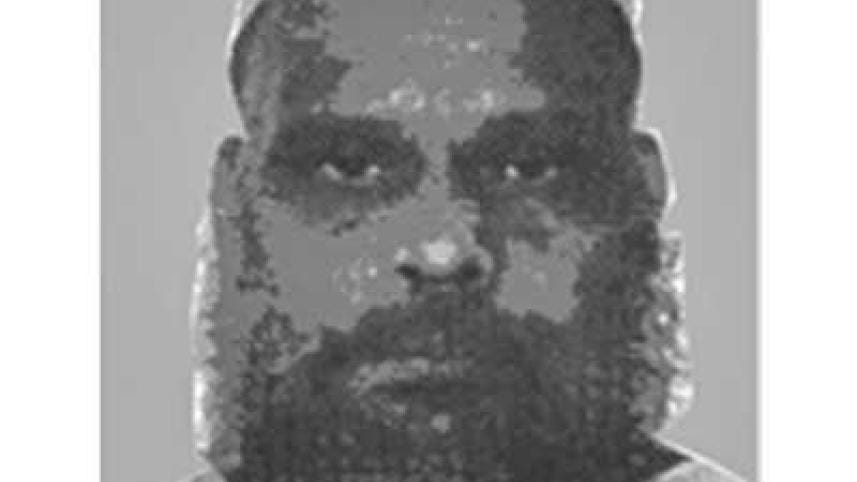Verdict today in Hasan case

The International Crimes Tribunal-1 yesterday fixed today to deliver the verdict in a case against fugitive war crimes accused Syed Hasan Ali for his alleged crimes committed during the Liberation War.
Hasan, an alleged Razakar commander of Tarail upazila in Kishoreganj, faces six charges of genocide and crimes against humanity committed in the district between April 27 and December 11, 1971.
He was “involved” in two acts of genocide that left 20 Hindus dead, and in the killings of three people in two incidents and looting and torching of more than 100 houses in two other incidents, according to the prosecution.
Wrapping up their arguments, the prosecution sought capital punishment of the accused claiming that they had been able to prove all six charges framed against Hasan.
The state-appointed defence counsel sought acquittal of his client saying the prosecution “utterly failed” to prove the charges.
If convicted, the 68-year-old accused might face the death penalty.
The three-member tribunal led by Justice M Enayetur Rahim on April 20 kept the case waiting for verdict on completion of arguments by both the prosecution and the defence.
Abul Kalam, conducting prosecutor of the case, yesterday told The Daily Star they did not know the whereabouts of the accused as he had fled soon after the investigation began.
According to the prosecution, Hasan set up a camp of anti-liberation elements at Tarail in April, 1971 and got involved in genocide and crimes against humanity. He was locally known as “Razakar Daroga” for his “atrocious acts”, they added.
Hasan of Machihata village in Brahmanbaria had already been living in Tarail with his family for many years before the war. Then 24, he was there during the nine-month-long war, according to the prosecution.
His father Syed Musleh Uddin was the vice-president of the East Pakistan unit of Pakistan Democratic Party (PDP) and chairman of the Peace Committee in Kishoreganj sub-division in 1971.
Both the PDP and the Peace Committee opposed the country's independence.
Though he was not active in politics after independence, Hasan was once involved with Nezam-e-Islami, another anti-liberation organisation, according to the prosecution.
The tribunal on April 3 last year issued an arrest warrant against Hasan, but police submitted a report to the court declaring him a fugitive. The tribunal put the accused on trial in absentia.
On November 11 last year, the court indicted Hasan on six charges. The prosecution produced 26 witnesses, including the investigating officer of the case, before the court. The defence, however, did not produce anyone.
CHARGES
Torching and looting of seven houses of Hasan Ahmed and Sadot Ali of Sachail Purbapara village on April 27; killing of one Tofazzal, abduction of two other people and burning of two houses at Konabhawal village on August 23; act of genocide in Palpara of Shemulhati village on September 9 that left 12 people killed; act of genocide at Borgaon village on September 27 that left eight people killed and abduction of 10 others; abduction and murder of Kamini Kumar Ghosh and Jibon Chakravarty and looting of Ghosh's house at Araiura village on October 8; and killing of Rashid Ali Bepari and torching of 100 houses at Sachail village on December 11.
 For all latest news, follow The Daily Star's Google News channel.
For all latest news, follow The Daily Star's Google News channel.
Comments